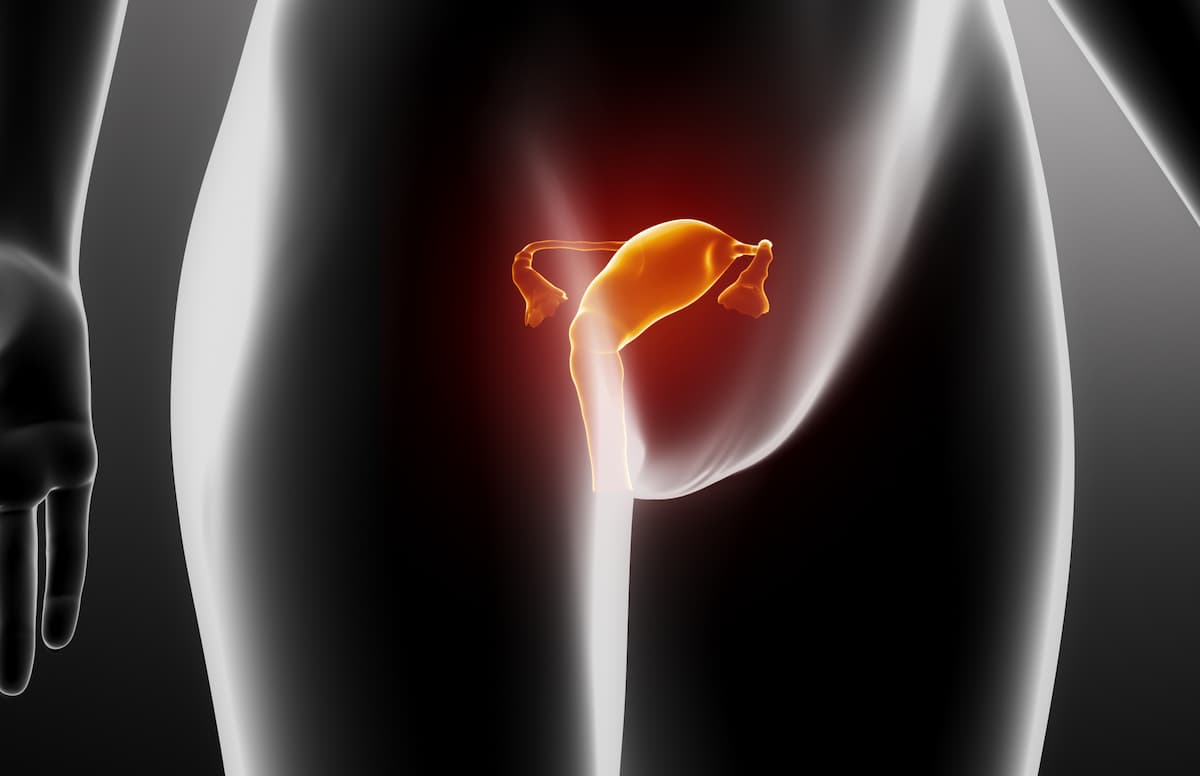
Avutometinib Combo Approval Signals “Exciting Time” in KRAS-Mutated LGSOC

Patients who respond to avutometinib/defactinib may be maintained on treatment for long periods of time, says Rachel N. Grisham, MD.
Avutometinib plus defactinib (Avmapki Fakzynja Co-Pack) may offer a “huge change” in the treatment paradigm for patients with low-grade serous ovarian cancer (LGSOC) harboring KRAS mutations, according to Rachel N. Grisham, MD.
In a conversation with CancerNetwork® following the
Highlighting results from the
Transcript:
This is such an exciting time for our patients with recurrent low-grade serous ovarian cancer who have been looking for more effective treatment strategies. It's been so difficult for us to treat our patients with these therapies that we know ahead of time are often going to have disappointing response rates. Now, this approval of avutometinib and defactinib is based on the RAMP 201 study, where we saw that patients who harbored a KRAS mutation had a 44% response rate in the recurrent setting.
To be able to offer our patients an effective treatment that actually shrinks their disease is a huge change in the paradigm of how we treat this disease. Another very exciting thing that was seen in the RAMP 201 study is the duration of response. Our patients who were treated with this combination who had a KRAS mutation had a median duration of response of over 31 months on the previously presented results from SGO. It's reassuring to be able to see that many of our patients who respond to this therapy will be able to be maintained on it for long periods.
References
- FDA grants accelerated approval to the combination of avutometinib and defactinib for KRAS-mutated recurrent low-grade serous ovarian cancer. FDA. May 8, 2025. Accessed May 12, 2025. https://tinyurl.com/ywyd4ps3
- Grisham RN, Nieuwenhuysen EV, Aghajanian C, et al. Avutometinib + defactinib in recurrent low-grade serous ovarian cancer (ENGOT-ov60/GOG-3052/RAMP 201): dose intensity and subgroup analysis. Presented at: 2025 Society of Gynecologic Oncology Annual Meeting on Women’s Cancer; March 14-17, 2025; Seattle, WA.
Newsletter
Stay up to date on recent advances in the multidisciplinary approach to cancer.



































